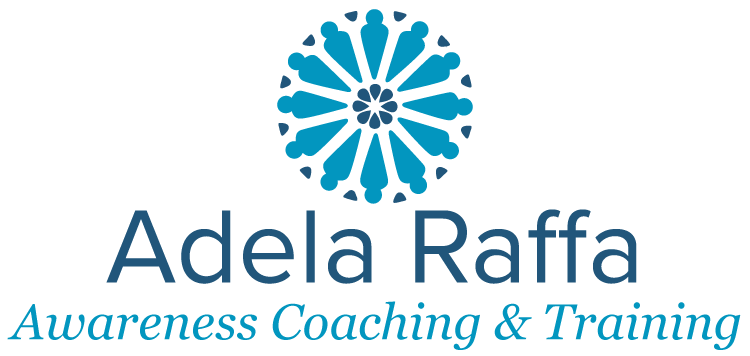3 Keys to Healing Family Relationships
Every year, I travel to Croatia to visit my family of origin. This annual trip has become a pilgrimage of sorts. It’s my sacred journey to experience love, connection and….deep personal growth.
Ram Das said it best: “If you think you’re enlightened, go spend a week with family.” Being a lifelong student of human behaviors (including my own), I gain tremendous insight to my own development during my family visits.
The father complex is something that runs deep for me, a lifelong lesson I’m well aware of. After minimal contact over 20 years, I’ve re-created a relationship with my father. It wasn’t easy ( if you only knew how proud my father is…and how stubborn I can be).
Mending our relationship provided three levels of healing: mental, emotional and spiritual.
After a ton of therapy, personal growth and education, I now spend 2-3 weeks with him in Croatia every summer. Healing our wounds impacted all my other relationships, including the one with myself.
Here are the main 3 practices I used to begin healing:
Manage expectations.
I had to get real about my expectations, which were usually negative and not in my favor. First though, I had to become aware that I held expectations, beliefs and feelings that influenced my experience. Expectations are beliefs that a certain outcome or event will happen. Furthermore, expectations are speculations about what the future might hold, based upon strongly held assumptions. Instead of assuming things like “I (or he..) will be disappointed …” I began visualizing an outcome I wanted, letting go of negative assumptions and taking responsibility for my part. I control my thoughts, behaviors and actions. No one else’s.
2. Boundaries
I found that the more clear on how I wanted relate and engage with my father after many years of dead silence, the more I was able to name and set boundaries. Not to keep anyone out, but to keep me in alignment with my personal integrity, values and safety. In addition, when I would get triggered, I used my ‘pause and breathe’ techniques before responding. Triggers can be seen as a sign that a boundary is violated or crossed, and I continue to explore how to handle that in a mature way. For me, it shifted blaming to taking responsibility. I control how I respond to other’s behaviors; I’m not responsible for their actions/ behaviors.
3. Meet people where they are
This can be very tricky and difficult, yet has been a great practice for me. Read about it here. For example, I’ve had a difficult time understanding and accepting my father’s views on roles in the family. It took me time for me to accept that his perceptions are his, I don’t have to share or adopt them. The gestalt prayer helped me:
“I do my thing and you do your thing. I am not in this world to live up to your expectations, And you are not in this world to live up to mine. You are you, and I am I, and if by chance we find each other, it’s beautiful. If not, it can’t be helped.”
The moment I accepted my father where he was, faults and all, was the moment my healing truly began. The ‘side effect’ of accepting my father was a heavy burden lifted and I began accepting (and loving) myself. Previously I was in constant projection, rebellion, or anger, which affected many of my relationships negatively.
It’s been 10 years now and while not picture perfect, we have found a middle ground that we navigate well in, where love and understanding for one another is felt, expressed and honored. As new roles and pattern settle in, I contribute and take responsibility for how I show up in a relationship.
To Powerful, positive change…Cheers!
Adela

